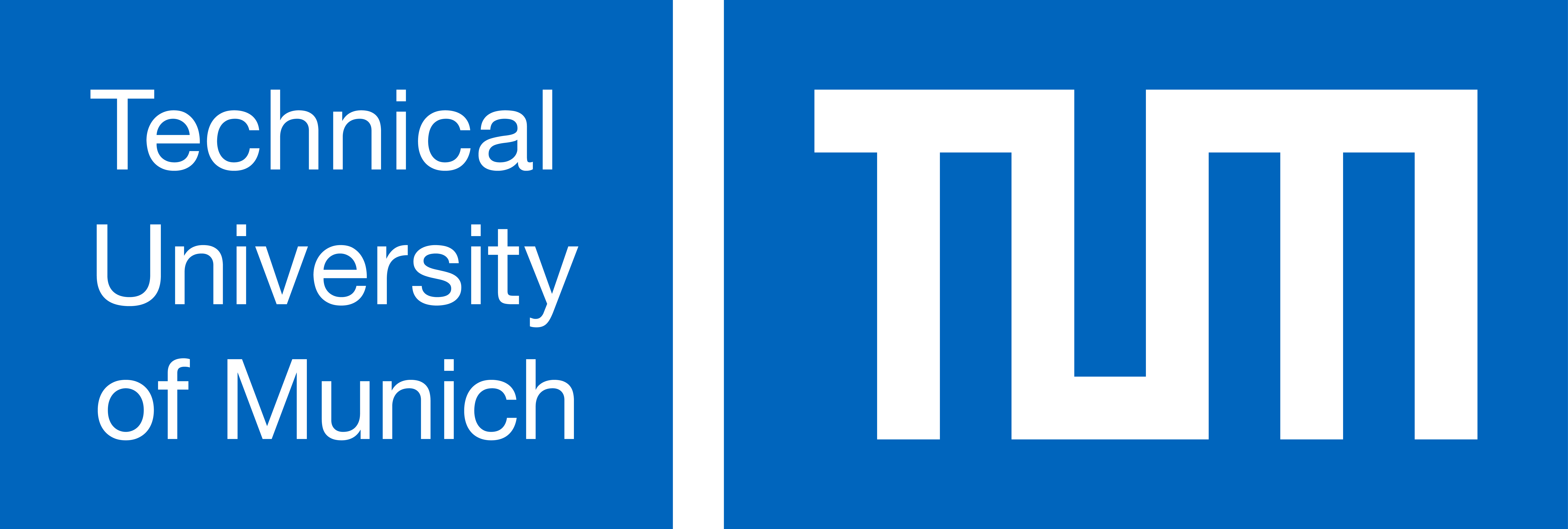About this course
Tissue engineering and regenerative medicine (TERM) is a fast-growing field that addresses some of the major healthcare challenges, which result from the human incapability to regenerate diseased or lost tissues and organs. The biofabrication of living tissues and organs can potentially solve issues such as donor shortage and increasing waiting lists for organ transplantation, the lack of devices able to grow with the pediatric patients and the unavailability of therapies for yet untreated diseased. Furthermore, bioengineered human tissues and organs can serve as models for disease modeling and drug testing, with the advantage of being more predictive of the human response than the animal models, and the additional potential benefit of reducing the number of animals required for preclinical testing. This course will provide the students with the fundamentals to understand how the convergence of different disciplines such as engineering, biology, material science and medicine can result in new therapeutical solutions and have transformative implications for the future health care. The course ‘Tissue Engineering and Regenerative Medicine’ will provide a general understanding of tissue growth and development as well as the tools and theoretical information necessary to design tissues and organs. Specifically, the following topics will be covered in this module (subjected to change): • Principles of tissue engineering • Scaffolds: materials and characterization • Scaffold design, biomimicry • Biofabrication technology • Cell source, isolation, growth, differentiation • Bioreactor technology (from microfluidics to whole organ bioreactors) • Mechanical loading and culture conditions • Tissue/organ design and development • Tissue analysis and characterization • Current applications (e.g. cardiovascular, bone, skin, neural, muscle tissue engineering etc) • Cell therapy • Regulatory and ethical considerations • Translational approaches to the clinical settings
Learning outcomes
After successful participation in the module Tissue Engineering and Regenerative Medicine the students will be able to • understand the principles of tissue engineering and regenerative medicine • evaluate the existing strategies and their specific advantages and disadvantages • apply tissue engineering principles to the solution of medical problems requiring the regeneration of tissue • demonstrate an understanding of the rationale to employ cells, biomaterial scaffolds, biochemical and mechanical stimulation, for the (re)generation of tissues and organs in vitro and in vivo • demonstrate knowledge of current clinical applications for different organs and tissues • analyze current challenges in the field of TERM • formulate regulatory considerations
Examination
The learning outcomes will be examined in a written examination (duration: 90 min). This test will assess the degree of understanding in the field of tissue engineering and regenerative medicine, from scaffold design to clinical translation. Students have to demonstrate this understanding in the broader context of the overall strategic approach used to solve a clinical problem. This also includes ethical and regulatory considerations. For example, they have to demonstrate that they are able to:
- evaluate a specific clinical problem,
- formulate ethical and regulatory aspects, and
- make an informed choice of the preferred strategy.
Resources
- Will be given in the courses, e.g. Meyer, Ulrich; Handschel, Jörg; Wiesman, Peter; Meyer, Peter. „Fundamentals of Tissue Engineering and Regenerative Medicine”. 2016. Springer, Berlin. ISBN-13: 9783662518304.
Activities
The module consists of a lecture and an exercise. Materials and additional information are available online to all registered students in a digital format via the Moodle eLearning platform. Questions and answers (Q&A) sessions are offered to clarify topics presented in the lectures and to further deepen aspects of interest upon students’ request. The exercise will strengthen the theoretical knowledge provided in the lectures. Students will solve and discuss problems related to the field of TERM, and learn to implement different strategies for in vitro and in vivo tissue generation. The exercises are an essential format to help the students to acquire the teaching goals of this module.
Additional information
- More infoCoursepage on website of Technical University of Munich
- Contact a coordinator
- CreditsECTS 5
- Contact hours per week3
- InstructorsZhaoyang Zhong, Diana Rojas Gonzalez, Petra Mela, Christian Radwansky, Dario Arcuti, Salma Mansi
- Mode of instructionHybrid
Offering(s)
Start date
16 October 2024
- Ends5 February 2025
- Term *Winter 2024/2025
- Instruction language
Enrolment period closed
